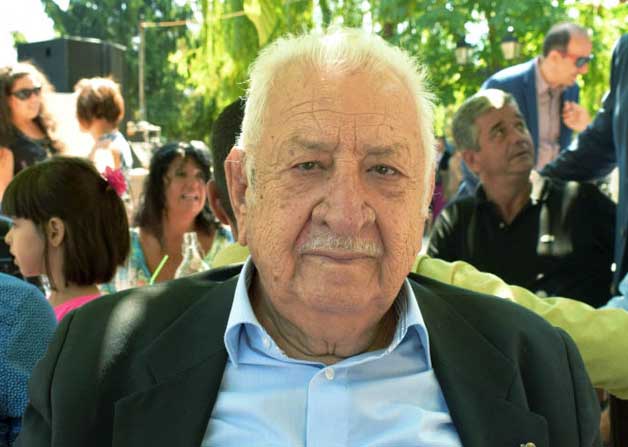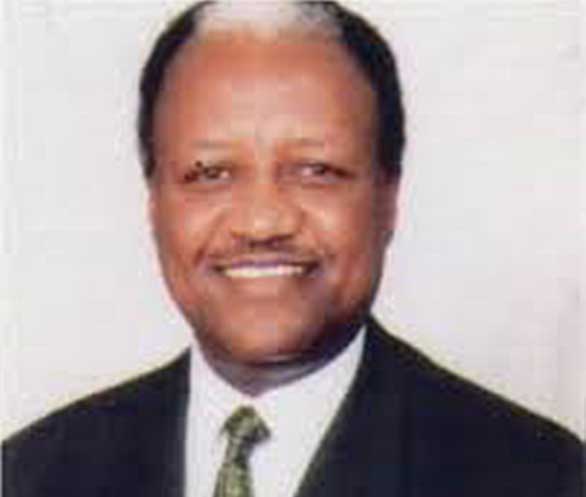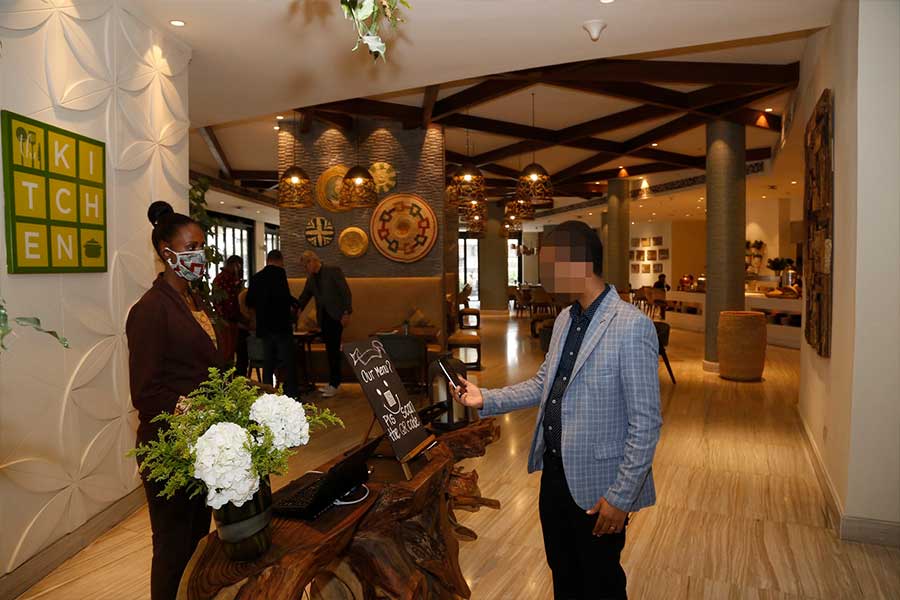
Fineline | Jan 04,2020
I found a surprising piece of trivia on IMDB, an online database for all things cinema, about the opening date of Joker, a movie described as violent and cynical.
The film, ironically enough, opened theatrically on October 4, just two days after the International Day of Non-Violence was celebrated. In India, the film actually opened on that same day, October 2, which also happens to be the birthday anniversary of Mahatma Gandhi. This is a bit of a coincidence the Joker would have found endlessly comical.
But this and the many pranks and jokes the film pulls and tells, some of them perhaps unintended, have been lost on many critics. They found the movie ill-conceived, senseless and violent. It has fast become one of the most controversial movies to have come out in recent memory.
As an Economistreview described it, I agree that the film is “not especially perceptive.” It is no Taxi Driver or A Clockwork Orange. It does not tell us something we have not suspected of society all along. Of course, an unjust and immoral society breeds highly unstable individuals that further precipitate the decline in collective morality.
Even Dostoevsky was able to figure this out in 19th century Russia when he said, “A society should be judged not by how it treats its outstanding citizens but by how it treats its criminals.”
The brilliance of the Joker does not lie here though, and I do not think the filmmakers believed they were making a groundbreaking sociological discovery. What we need to instead appreciate about the Joker is its courage and slyness in reminding the mainstream of such truth. Sure there are a few other movies with a similar message, but they have mostly gone under the radar. None of them was clever enough to veil themselves in comic book candy wrappers.
Mainstream audiences are going to go into the theatre expecting the usual comic book origin movie, which is usually carefully propped up with cheap thrills and phoney resolutions. But they are going to come out completely flabbergasted asking why a hero did not swoop in and save the day or why the degeneration of society they see on the screen has so many parallels to everyday life.
If nothing else, we have to appreciate one glaring inherent joke in the Joker: making so many people pay for tickets to a movie that is going to tell them, “it’s you that is the problem, not the psychopath on the streets.”
Despite the film taking place in Batman’s infamous hometown of Gotham and containing references to the Dark Knight, the film’s storyline takes place outside the DC Extended Universe (DCEU). And while shining a light on the Joker’s murky origin story, the film does not trace the metamorphosis of the character into the criminal mastermind we have seen, say, in the Dark Knight. Joaquin Phoenix’s Joker could not have pulled the plot Heath Ledger’s Clown Prince of Crime did if his life depended on it.
Instead, this Joker is a disturbed, mentally unstable loner living in 1980s Gotham. His name is Arthur Fleck he lives with his mother and suffers from emotional incontinence, which makes him laugh uncontrollably when under stress. He supports himself working as a clown but soon gets fired through no fault of his own which turns out to be only one in a long line of personal disasters that motivates him to hit back at society.
The film has been criticised for attempting to justify the actions of Fleck. Indeed, the Joker does get the last laugh in the movie and becomes a hero to the underclass of Gotham city solely for his attacks on the establishment.
But is this not an indictment of society? How skewed should the morality of the society be for a dangerous psychopath such as the Joker to emerge as a symbol of resistance?
All this film does is show us a society crying out for help, not justify the actions of an unstable, mentally ill person. The proof of this lies in the portrayal of Gotham city. It is dirty, disordered, claustrophobic and the sun almost never shines. If Christopher Nolan portrayed the city as dangerous and threatening, Todd Phillips, director of this film, depicts it as filthy. It is a visual representation of the degeneration of society, like in Martin Scorsese’s Taxi Driver or Fritz Lang’s 1931 masterpiece M.
Another criticism the film has garnered is its cynicism. Indeed, at a time when the Marvel Cinematic Universe rules the movie industry, a film that does not end with the defeat of the bad guy can be hard to swallow.
I am not sure what the expectations for the origin story of perhaps the most notorious villain in comic history were. Certainly, it could not possibly be a confirmation of our moral inhibitions. We were never meant to find catharsis in such a movie, or identify with such a character. If we did, then this would have been another pretentious comic book movie pandering to the emotional and intellectual dreariness, as well as moral pedantry, of the masses.
Such criticism is, in fact, as defective as the argument that the film may inspire copycat killings. Most people will not be triggered by violence in video games or movies to commit illegal acts unless they already suffer a certain illness, in which case they deserve the attention of society.
The barrage of criticisms, nonetheless, works to the benefit of the film. There is something wrong with a work of art everyone agrees on. It is either bad or miserably mediocre.
It is all the more surprising then that the film comes from a director, Phillips, we have long considered second-rate. Known for laugh-out-loud comedies such as The Hangover and Old School, it takes a certain genius to transition, without much effort, from movies made up mainly of sex jokes to Scorsesian psychological dramas that serve as social commentary.
But I would have appreciated the film even more had Phillips risen above the temptation to show us, for the gazillionth time, the death of Bruce Wayne’s parents. He could have also allowed the reveal about Fleck’s love interest to take place more subtly.
Even if the film was not that good though, it would have gotten attention for the powerful performance of Phoenix. After Jack Nicholson and Ledger, it was hard to anticipate a more haunting portrayal of the Joker. But Phoenix is able to pull it off. Few actors would have been taken seriously had they had to laugh uncontrollably as a way of communicating emotional disturbance.
Phoenix is a gem, and perhaps the best actor working today. The Academy Awards missed the chance to honour him with the Best Actor Oscar for his performance in Paul Thomas Anderson’s The Master. Here is an opportunity to make it up to him.
PUBLISHED ON
Oct 12,2019 [ VOL
20 , NO
1015]

Fineline | Jan 04,2020

Radar | May 15,2021

Obituary | Jan 23,2021

Fortune News | Mar 02,2024

Obituary | Mar 13,2021

Fortune News | Jun 20,2020

Obituary | Apr 03,2021

Radar | May 13,2023

Radar | Dec 15,2024

Fortune News | Jun 27,2020

Photo Gallery | 178643 Views | May 06,2019

Photo Gallery | 168836 Views | Apr 26,2019

Photo Gallery | 159671 Views | Oct 06,2021

My Opinion | 137092 Views | Aug 14,2021

Oct 25 , 2025
The regulatory machinery is on overdrive. In only two years, no fewer than 35 new pro...

Oct 18 , 2025
The political establishment, notably the ruling party and its top brass, has become p...

Oct 11 , 2025
Ladislas Farago, a roving Associated Press (AP) correspondent, arrived in Ethiopia in...

Oct 4 , 2025
Eyob Tekalegn (PhD) had been in the Governor's chair for only weeks when, on Septembe...

Oct 25 , 2025 . By YITBAREK GETACHEW
Officials of the Addis Abeba's Education Bureau have embarked on an ambitious experim...

Oct 26 , 2025 . By YITBAREK GETACHEW
The federal government is making a landmark shift in its investment incentive regime...

Oct 29 , 2025 . By NAHOM AYELE
The National Bank of Ethiopia (NBE) is preparing to issue a directive that will funda...

Oct 26 , 2025 . By SURAFEL MULUGETA
A community of booksellers shadowing the Ethiopian National Theatre has been jolted b...